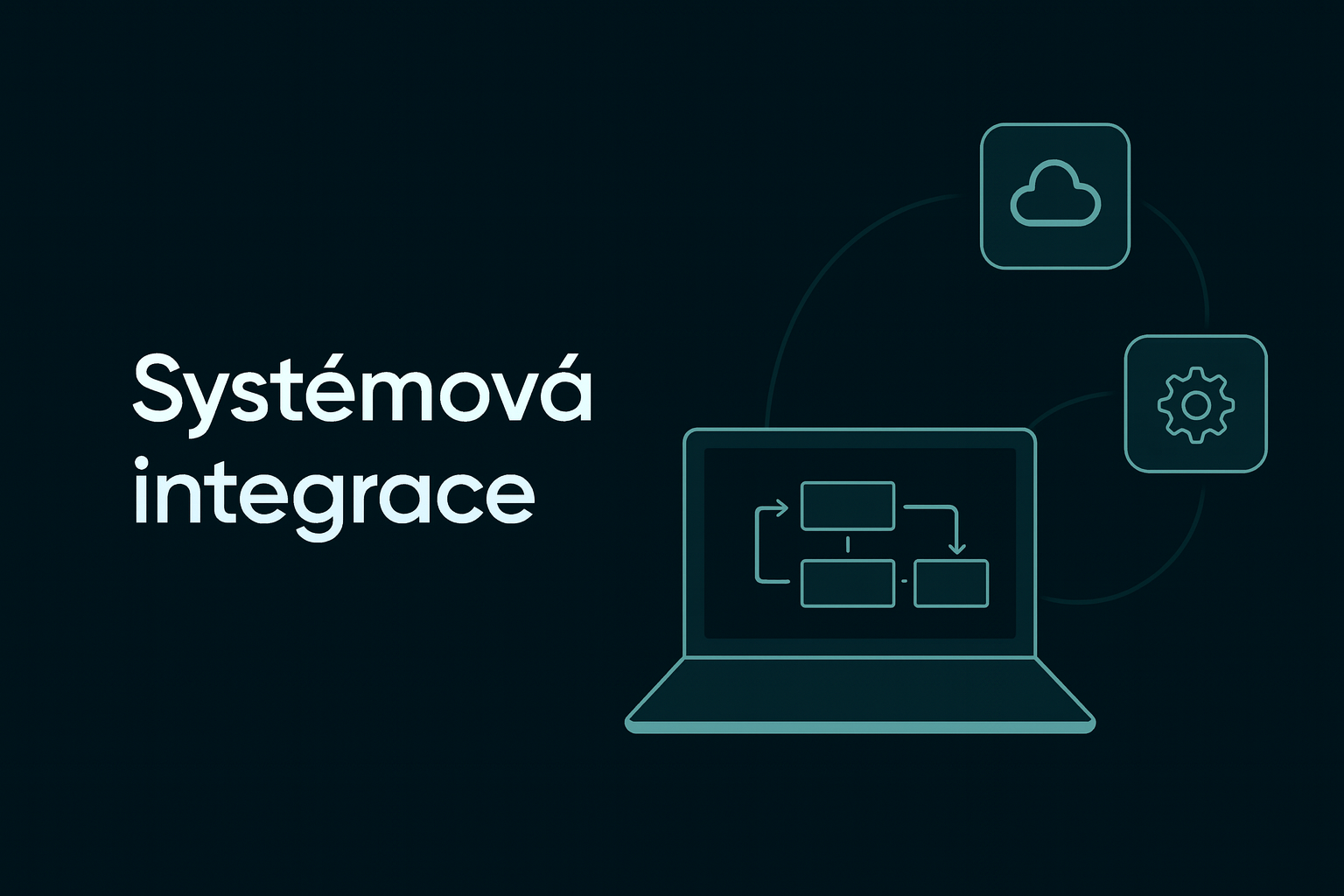
Maybe alternative names like “Somehow the data gets there” or “It writes itself” will resonate more with you, for technical types I'll try “Interfejs”. Maybe it no longer sounds like something that only concerns a guy with a hood who speaks in XML and looks up from the monitor just to look at the other guy. In fact, it concerns everyone, you just don't know about it. And that's okay, because you don't even know about system integration if it works properly.
Generally speaking, it is the connection of IT systems, applications, or even storage into larger units, where such components communicate with each other, mainly by moving data between them.
Imagine a company. In ERP you have invoices, in CRM customers, in e-shop orders. But these systems don't communicate with each other in any way. So somewhere in between is a bunch of people who write, download, import data into all systems.
Do you think this could have been done better?
Congratulations, you've just arrived at the need for system integration.
Integration does exactly what you would do if you had infinite patience, coffee and dozens of extra hands. It takes data from one system, modifies it so that the other system understands it, and sends it there.
And it does it over and over again, safer, faster, more accurately, and even when you're asleep.
For you, this may mean that when you issue an invoice, your accounting, inventory, and report are automatically updated for a manager who likes charts.
In the real world, that means someone has to design, develop, and keep that integration alive. Someone like me.
Because integration saves time, money and nerves simply by transferring human labor into an automated process that works while you engage in an activity that cannot be done without you. The integration also protects your data not only from unauthorized loading and potential leakage, but also from the chaos of manual manipulation.
You may have heard that system integrations solve any data or IT infrastructure problem. Don't believe it, someone made fun of you.
If there's a problem somewhere and someone integrates it into other systems, it won't just be somewhere. He'll be everywhere.
Integration must be based on logic, goals and an understanding of what the company should do, what data it has and how it should flow.
Otherwise, you end up with beautifully linked nonsense.
Integration is an interpreter and a connector between your systems.
Thanks to her...